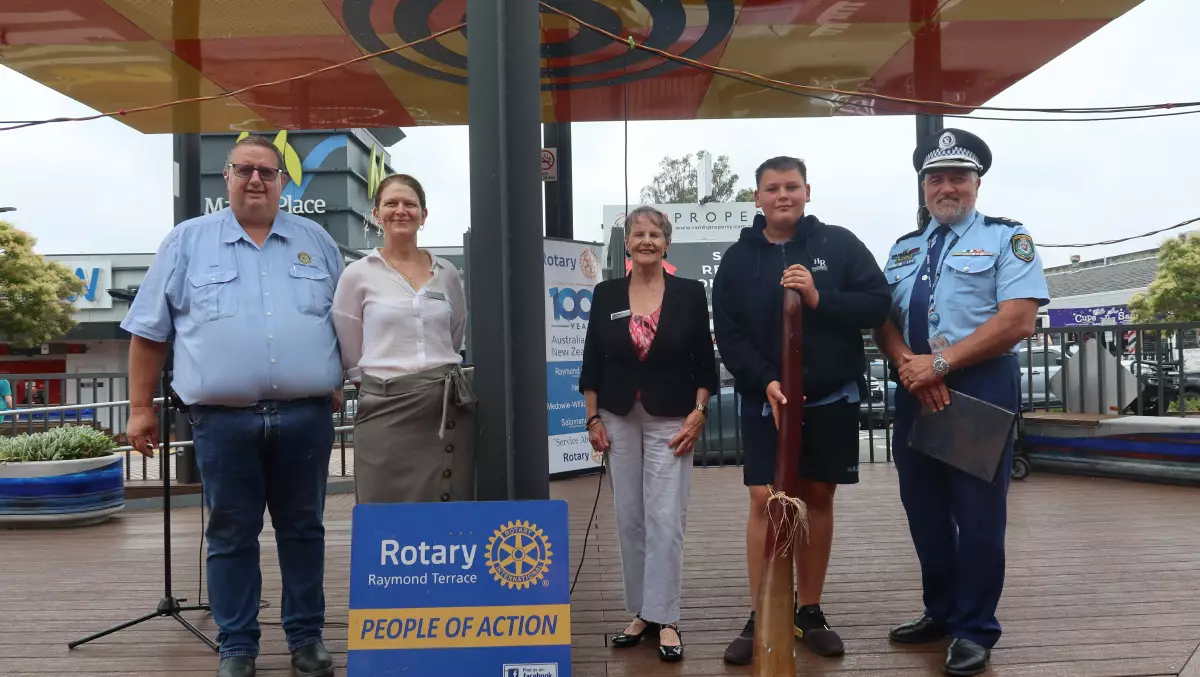
Charlie Elias
A disturbing increase in the rate of suicides linked to family breakdowns and problems in relationships in Port Stephens at a time when COVID restrictions are heavily weighing on people’s mental health has experts bracing for some tough times ahead.
New data from the National Suicide and Self-Harm Monitoring System show that suicide rates across the Hunter and Port Stephens have risen substantially since 2010.
Reducing the number of people lost to suicide deaths each year, says Port Stephens Suicide Prevention Network president Michael Murray, is something Australia as a nation is struggling to deal with.
“More than eight Australians are taking their own lives each day. Closer to home, recent data indicates that the suicide rate in Port Stephens continues to increase,” he said.
“Current data is also suggesting that this troubling situation is being further impacted by the challenges presented by COVID-19, with the University of Sydney’s Brain and Mind Centre forecasting an increase in suicide deaths over the next five years of more than 13 per cent.”
The Port Stephens group encourages all members of the community to reach out for help if they find themselves struggling with mental health concerns and to reach out to family, friends, neighbours and work colleagues if signs of distress appear.
“Early intervention is vital in addressing suicidal thoughts. We also encourage our community to join us in investing personal time in exploring and strengthening strategies to maintain our own wellbeing.”
Ann Fletcher, from the Raymond Terrace Family and Neighbourhood Service’s Early Intervention and Homelessness Program, described the latest data as “terrifying”.
“Certainly as an organisation based in the Port Stephens community we are well placed to address suicide and self-harming issues that are often disclosed during our conversations with our clients,” Ms Fletcher said.
“We are always ensuring that staff are up to date and well versed in the interventions that research supports as best practice. We are acutely aware of the many struggles in people’s lives that can lead to despair and given the recent upheavals in the world of COVID-19 we are expecting more calls for help.”
Ms Fletcher said that the service partnered with Lifeline (for persons over 18 years) and Headspace (young people 12 to 25) to provide face to face counselling to Port Stephens residents.
Medowie and Port Stephens family law solicitor Brooke Vitnell said the impact of family law and other legal proceedings on suicide rates was hard to ignore.
“People going through family law matters are often incredibly vulnerable. Family law solicitors encounter many men and women at risk, or who fear losing their families. These matters take an incredible toll on individuals and families,” she said.
“The pandemic and accompanying recession has obviously increased the stress on people’s mental health and courts have seen a surge in divorce and family law proceedings.
“From a legal practice perspective, more needs to be done to ensure adequate mental health supports are available for clients and their families who need them. There should also be an increase in professional training and awareness for solicitors so they can more readily identify clients in need and refer them for appropriate advice and treatment.
“Unfortunately separation is a fact of life. However that doesn’t mean those whose profession it is to deal with those going through it shouldn’t have a role to play in strengthening responses to the mental health effects.
“This research reflects that relationship breakdowns, exacerbated by experiences with the family law system and other legal proceedings, have been identified as major trigger factors. There is a great reticence to talk about these issues, but we need to remove the stigma and address the issue.”
If you or anyone you know needs help phone Lifeline on 13 11 14 or Kids Helpline on 1800 551 800.



